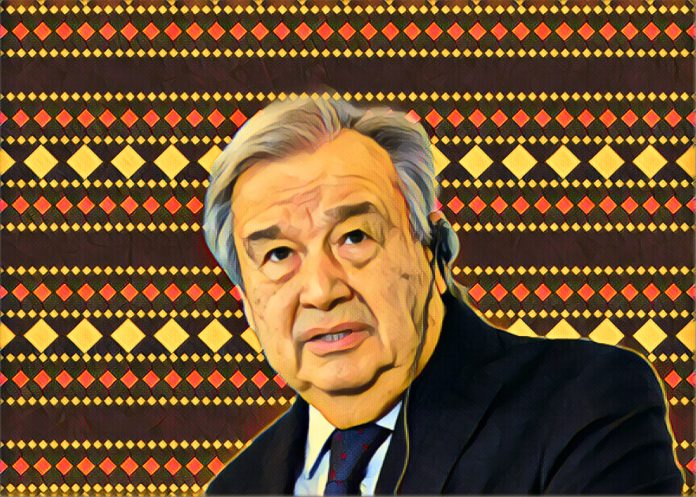The United Nations Secretary-General, António Guterres, voiced deep concern over the progress of Sustainable Development Goals (SDGs) at the SDG Action Weekend’s opening.
A staggering 85% of the targets are lagging, with only 15% on the path to success.
The forum, which precedes the General Assembly’s annual high-level opening, saw the participation of a diverse group including youth organizations, women’s groups, business magnates, community activists, and mayors.
Their mission: to rally support for the SDGs, aiming to address issues from poverty and hunger to education and clean energy by 2030.
However, the current trajectory isn’t promising. The goals, inaugurated in 2015 with a vision for 2030, are now at their midpoint.
But widespread implementation gaps have appeared, with factors like waning public interest, geopolitical tensions, and the devastating effects of the global coronavirus pandemic threatening their realization.
“Today, only 15 per cent of the targets are on track, with many going into reverse,” highlighted Guterres.
He urged Monday’s SDG summit attendees, marking the initiative’s midpoint, to present concrete plans and proposals to expedite progress.
Yet, the SDGs aren’t just about meeting criteria. They encompass the global aspirations for a just, inclusive, and sustainable world.
“They are about righting historic wrongs, healing global divisions and putting our world on a path to lasting peace,” remarked the UN chief.
Guterres emphasized the critical role of grassroots movements, activists, and the business community in pushing the agenda.
Acknowledging the risks many face in their activism, he lauded their determination and commitment.
Dennis Francis, President of the 78th session of the General Assembly, used the platform to urge a collaborative approach, emphasizing that governments alone cannot revive the SDGs.
All stakeholders, from the private sector to civil society, and from scientists to philanthropic foundations, need to come forward.
The primary goal now is mobilization. The call to action is not just about funds and investments, but a genuine political will.
The international community’s mission for the coming seven years, as Francis stated, is to “mobilize; to harness the collective strength and resourcefulness” to transform aspirations into reality.
The challenge remains: how to efficiently engage and collaborate with the vast network of stakeholders.
But the underlying message is clear – the clock is ticking, and it’s time for collective, decisive action.



